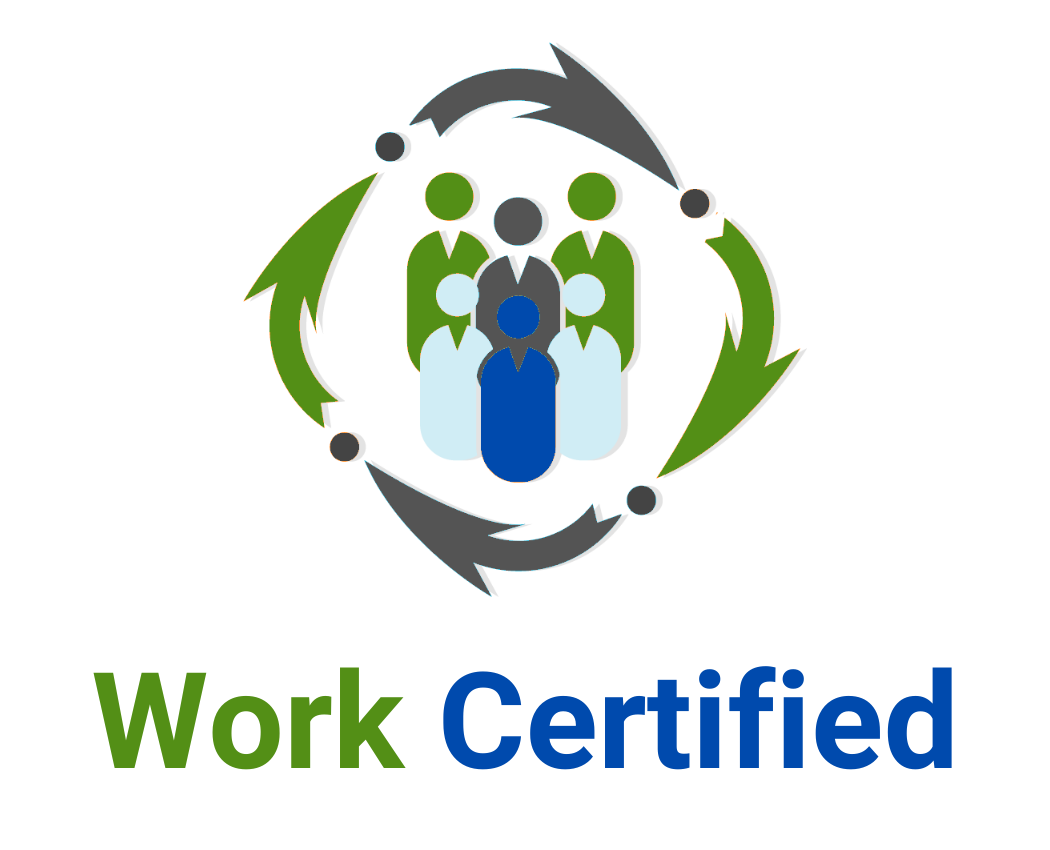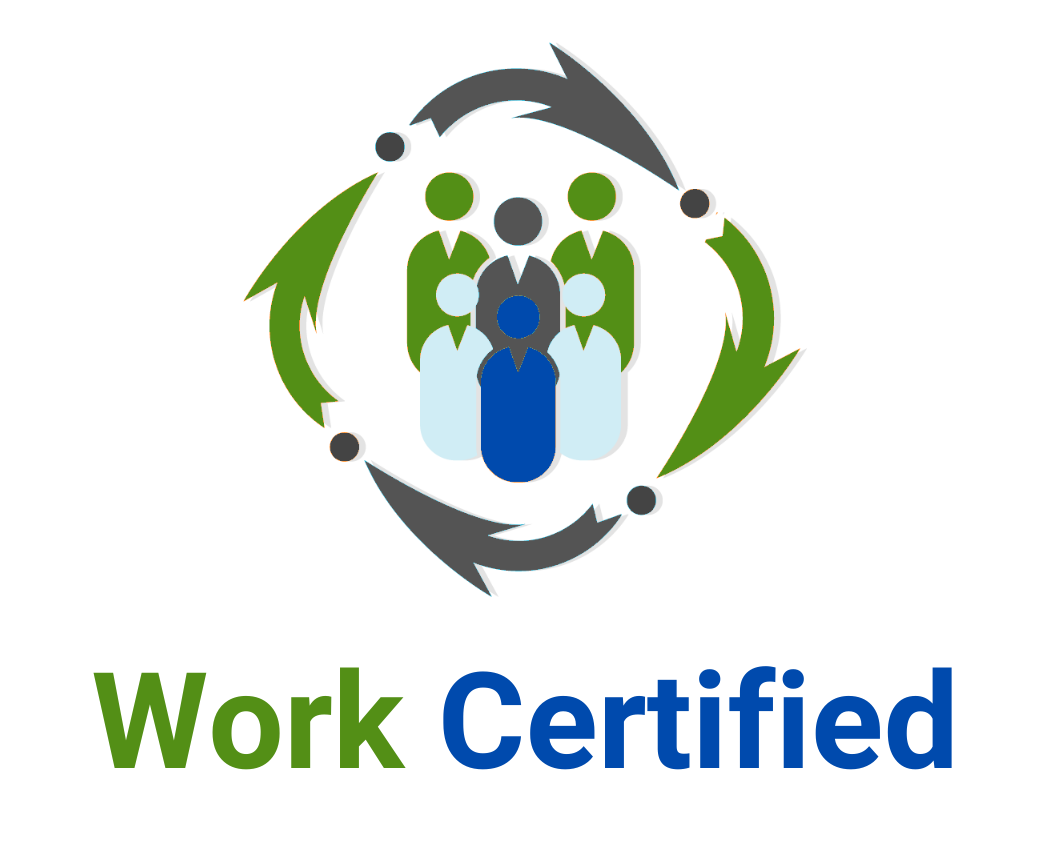Redefining the Sales and Training Models
Building a successful selling career is not complicated, but it has remained a mystery to most of us in the profession. We celebrate the superstars because they have figured out their own personal formula and we punish the under-performers because they just cannot seem to get it. The fact of the matter is that if there was a formula for doing the things that successful salespeople do consistently, then you could move more of the under-performers into the high achievers rank. Well, there is such a formula and it is guaranteed to work every time…more about this later.

We all want to know that we are at least good at one thing and when we are not, we know it. Many would agree that the majority of those involved in dealership selling are okay at best and are struggling because they have an outdated perspective on what they should be doing daily. Consequently they, in most cases, fail to meet the expectations of their employer and the consumers in the market place because if the truth be told, they have no idea how to meet those expectations. Zig Ziglar puts it this way, “You cannot hit a target or a goal that you do not have”, yet that is exactly what happens in so many dealerships daily when sales teams try to hit goals given to them by the owner without any form of strategy to achieve it. What many of the managers from these teams fail to realize is that the easiest way to reach the business goals is to help each salesperson set and reach their own personal goals first.
Many of them continually point to the solution for increasing sales as a function of the amount of advertising and marketing that the entity engages in or the product or technology that they currently lack instead of helping the individuals that they lead hit their mark. The reason that this is a problem is that if you believe that the solution is out there then you will miss the obvious which in this case is right in front of you. I have a quote that I use that says, “what you cannot define you cannot measure, what you cannot, measure you cannot reproduce, what you cannot reproduce you cannot control or manage.” What that means in this case is that if you do not have predefined processes to measure performance against, what then are we asking the individual to improve upon? Even more importantly, what is it that we are managing? Here is another perspective; the quality of the questions that we ask will determine the response we receive. So if the desired outcome is not clear before we counsel a selling professional what is it that we hope to get out of the counseling session? Having this type of clarity about what it is that we want to achieve is important when analyzing a struggling business or salesperson because the emphasis will be on a tangible item or a specific issue that must be acted upon then measured to see the improvement.
Here is an example, when ever I hear sales managers say that a particular salesperson is struggling, I usually ask, ‘In what areas are they struggling in? Is it business development, customer relationship management or is it in the actual sales process, and if so, what part of the process are they having trouble with?’ Ironically, 9 out of 10 sales managers would normally give me a confused look until I explain further. Here is the point, because the dynamics of the sales process has changed so drastically over the years, it is going to take this type of clarity and segmentation of the sales process to identify the specific areas that the salesperson is struggling with in order to cause performance improvement that can be measured and sustained. Remember I spoke about the formula for success earlier; well here it is: Defined processes + skill based training + technique based training = a selling professional that can produce results that are predictable, repeatable and track-able; that’s it. Defined processes allow both parties to speak the same language. It provides the salesperson with a path or template to produce the same results every time, and it allows management to pin point the specific activity within the process that the salesperson is struggling with so that it can be improved upon.
So with this new information, I ask you, what is the real cause of the performance or sales slump that your career or business is currently experiencing? Is it really a lack of traffic, technology, or even text messaging, or is it a lack of clarity regarding the processes you use for business development and customer relationship management? Or is it that you are still trying to manage the person instead of the process and trying to tell instead of teaching them specifically in what areas and how to improve.


get androxal price by pharmacy
online order androxal generic information
buy cheap enclomiphene generic now
discount enclomiphene generic switzerland
buy cheap rifaximin new york city
how to order rifaximin purchase from canada
how to order xifaxan generic alternatives
buy cheap xifaxan purchase discount
buy cheap staxyn purchase online from india
online order staxyn without prescriptions uk
avodart saturday
how to order avodart price on prescription
buy cheap dutasteride generic germany
cialis comparison levitra price dutasteride
order flexeril cyclobenzaprine generic australia
how to order flexeril cyclobenzaprine price new zealand
ordering gabapentin purchase no prescription
online order gabapentin usa suppliers
online order fildena cheap store
how to buy fildena cost insurance
kamagra přes noc žádný skript
kanadští dodavatelé kamagra
medicament kamagra sans ordonnance pilule contraceptive
achat kamagra acheter bon marche
ordering itraconazole generic form
itraconazole mail order canada